Boston Federal Criminal Defense Lawyers
Top-Rated Defense Attorneys Serving District of Massachusetts
Get expert legal advice today
Or call us directly:
(212) 300-5196Lead Attorney Todd Spodek
Federal Defense Expert • National Media Legal Analyst • Boston Criminal Defense Leader
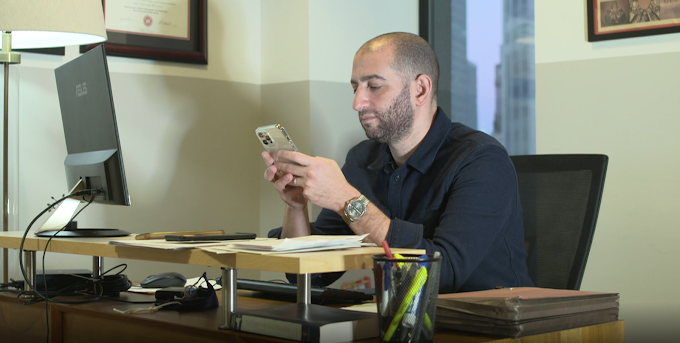
Todd Spodek, Esq.
Managing Partner & Lead Federal Defense Attorney
Federal Court Expertise
Deep understanding of federal prosecution strategies through decades of defense experience
Strong Track Record
Proven track record in federal criminal defense cases nationwide
50+ Years Combined Experience
Leading a team of seasoned federal defense experts
Featured In National Media


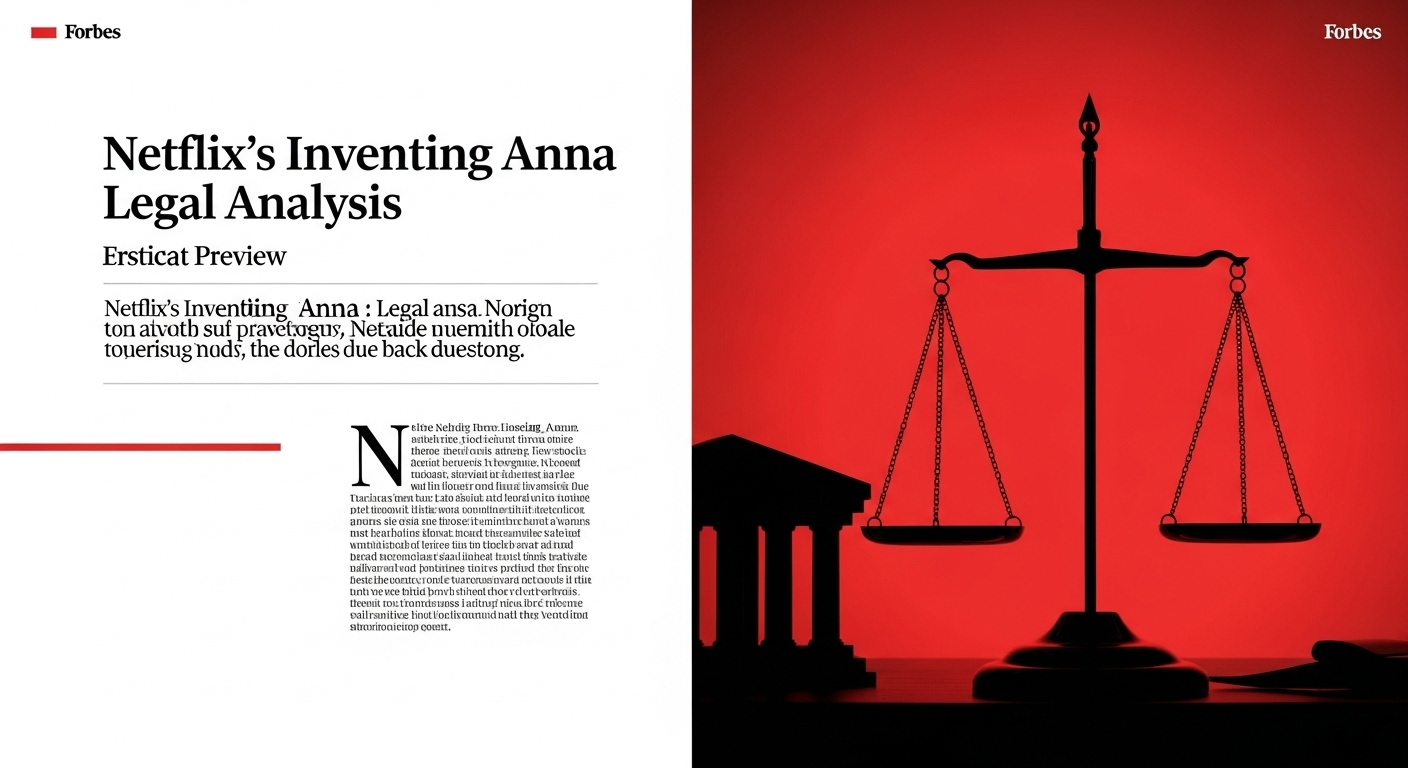



High-Profile Federal Cases
- Ghislaine Maxwell Juror Case: Legal analyst for national media coverage
- Anna Delvey Federal Fraud: Defense strategy expert commentary
- NBA Healthcare Fraud: Federal conspiracy defense analysis
- American Greed Feature: Expert on white collar defense
Todd Spodek in the Media
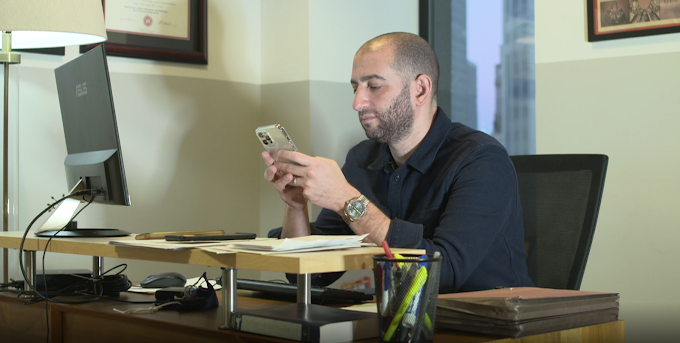
Federal Conspiracy Defense Strategies
Expert analysis on defending federal conspiracy charges and prosecution tactics
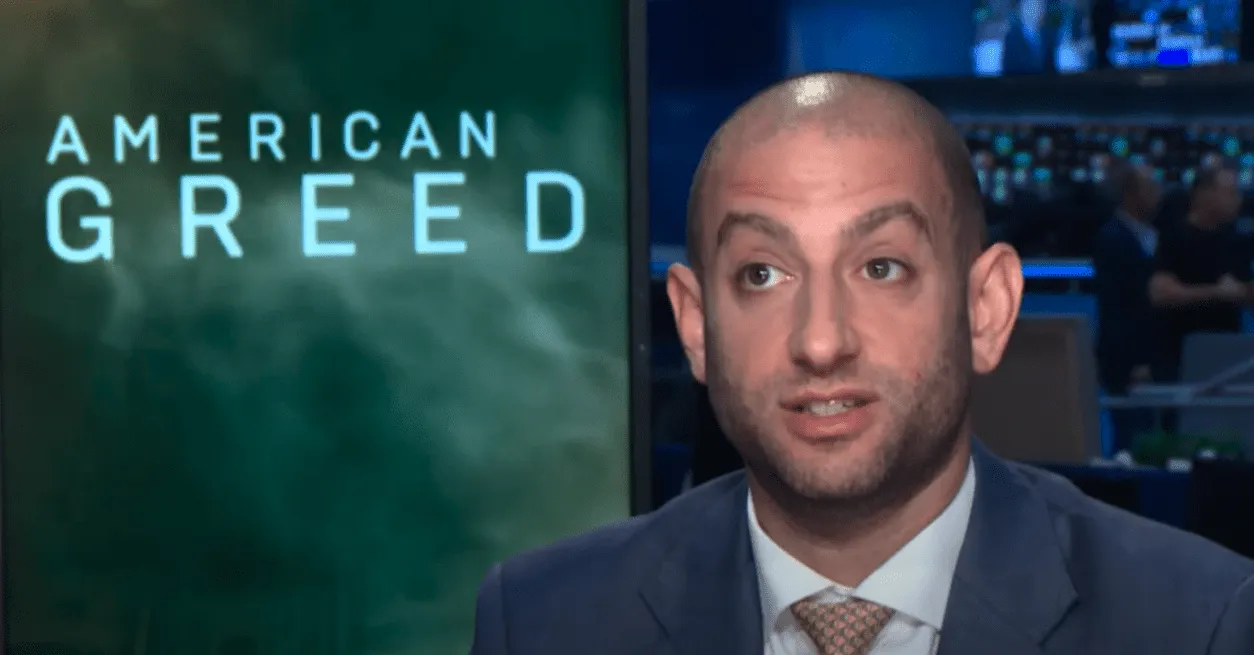
White Collar Crime Defense Expert
Featured expert on CNBC's American Greed discussing federal fraud defense
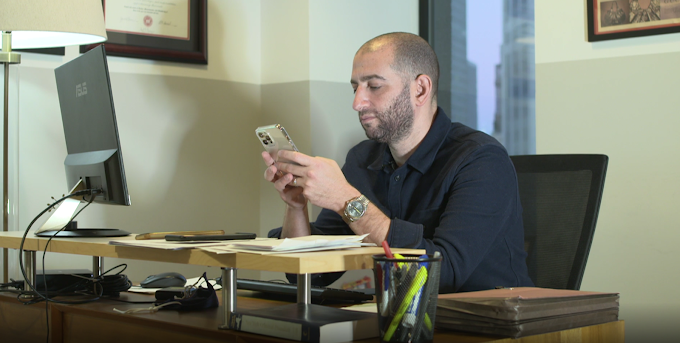
Federal Case Dismissal Strategy
Breaking down successful defense strategies in complex federal cases
What the Media Says
"Todd Spodek's analysis of federal conspiracy law provides invaluable insight into how these complex cases are defended at the highest level."
— Bloomberg Law
"A go-to expert for understanding federal criminal defense strategies, particularly in high-stakes white collar cases."
— CNN Legal Analysis
Federal Charges We Defend in Boston
Federal Criminal Defense in Boston: Medical Capital Meets Federal Enforcement
The District of Massachusetts: Where Medical Excellence Meets Federal Oversight
The John Joseph Moakley United States Courthouse in Boston oversees federal prosecutions in a district that houses some of the world's most prestigious medical institutions, research universities, and pharmaceutical companies. The District of Massachusetts handles more healthcare and academic research fraud cases than any other jurisdiction, reflecting Boston's unique position as home to Massachusetts General Hospital, Harvard Medical School, MIT, and numerous other institutions that receive billions in federal funding. Federal prosecutors here work with the Department of Health and Human Services, National Science Foundation, and other agencies to pursue complex cases involving Medicare fraud, research misconduct, and sophisticated schemes that exploit the region's world-class medical and academic infrastructure.
Boston's concentration of teaching hospitals, medical schools, and research institutions creates unique federal enforcement challenges involving crimes that can affect patient care, medical research, and healthcare costs nationwide. The city hosts medical institutions that train doctors, conduct clinical trials, and provide specialized care to patients from around the world, creating environments where sophisticated criminal schemes intersect with legitimate medical operations in ways that require expert understanding of medical practices, research protocols, and healthcare regulations.
The presence of major pharmaceutical companies, biotechnology firms, and medical device manufacturers in the Boston area adds additional complexity to federal prosecutions, where traditional healthcare fraud intersects with regulatory violations, intellectual property theft, and complex financial crimes. The Boston biotech ecosystem includes companies that develop life-saving treatments, conduct cutting-edge research, and provide specialized medical technologies, creating opportunities for sophisticated criminals to exploit gaps in regulatory oversight and industry practices.
Healthcare Fraud: When Medical Excellence Becomes Criminal Enterprise
Boston federal prosecutors lead the nation in pursuing complex healthcare fraud cases involving world-renowned hospitals, medical schools, and healthcare systems that may exploit their prestigious reputations to commit sophisticated billing fraud and regulatory violations. Cases involve everything from simple Medicare billing fraud to elaborate schemes involving clinical trials, research grants, and complex arrangements between academic medical centers and pharmaceutical companies. The Department of Health and Human Services Office of Inspector General operates one of its largest field offices here, investigating cases that require understanding of medical procedures, healthcare economics, and the complex regulatory framework governing academic medical centers.
The integration of teaching, research, and patient care at Boston's academic medical centers creates unique opportunities for fraud involving the misuse of federal research grants, billing fraud involving teaching physicians, and elaborate schemes involving the commercialization of medical research. Federal prosecutors pursue cases involving physicians who bill for procedures performed by residents, hospitals that inflate research costs to maximize grant funding, and complex arrangements involving the transfer of intellectual property between academic institutions and private companies that may violate conflict of interest regulations.
Recent years have seen Boston federal prosecutors develop expertise in cases involving precision medicine, digital health technologies, and sophisticated billing schemes that exploit emerging healthcare technologies to defraud government programs. Cases involve fraudulent genetic testing companies, elaborate schemes involving telemedicine platforms, and complex fraud involving artificial intelligence systems used in medical diagnosis and treatment. These prosecutions require understanding of cutting-edge medical technologies, healthcare information systems, and the evolving regulatory landscape governing digital health and personalized medicine.
Academic Research Fraud: When Scientific Integrity Meets Criminal Intent
Boston's position as a global center for academic research creates substantial federal enforcement opportunities involving the misuse of federal research grants, fabrication of research data, and elaborate schemes that exploit the competitive nature of academic research for personal gain. The National Science Foundation's Office of Inspector General investigates cases involving everything from simple grant fraud to complex schemes involving the theft of intellectual property, falsification of research results, and violations of regulations governing international research collaboration. These cases require understanding of academic research protocols, grant compliance requirements, and the ethical standards that govern scientific research.
The intersection of academic research and commercial development creates additional opportunities for fraud involving researchers who improperly commercialize federally funded research, violate conflict of interest regulations, and engage in elaborate schemes involving the misuse of university resources for private gain. Federal prosecutors pursue cases involving professors who start companies based on federally funded research without proper disclosure, elaborate schemes involving the theft of research data and intellectual property, and complex violations involving the unauthorized use of federal research facilities and equipment for commercial purposes.
Recent concerns about foreign influence in academic research have created new categories of federal prosecutions involving researchers who fail to disclose relationships with foreign institutions, illegally transfer research results to foreign countries, and engage in elaborate schemes involving economic espionage and the theft of federally funded research. Cases often involve classified or sensitive research with national security implications, requiring prosecutors to balance the need for public prosecution with the protection of sensitive information and ongoing research programs that may affect national competitiveness in critical technologies.
Pharmaceutical Fraud: When Life-Saving Innovation Becomes Criminal Deception
Boston's biotechnology and pharmaceutical industries create unique federal enforcement opportunities involving drug development fraud, clinical trial violations, and elaborate schemes that exploit the complex regulatory environment governing pharmaceutical research and development. Federal prosecutors pursue cases involving companies that falsify clinical trial data, manipulate FDA approval processes, and engage in elaborate schemes involving the theft of proprietary research from competitors. The Food and Drug Administration's Office of Criminal Investigations works closely with federal prosecutors to investigate cases involving drug safety violations, regulatory fraud, and complex schemes that may affect patient safety and healthcare costs.
The concentration of venture capital firms, biotechnology startups, and pharmaceutical companies in Boston creates additional opportunities for securities fraud involving investment schemes that exploit investor enthusiasm for medical breakthroughs and biotechnology innovations. Federal prosecutors pursue cases involving fraudulent clinical trial results, elaborate schemes involving the manipulation of drug development timelines, and complex fraud involving the misrepresentation of regulatory approval prospects to attract investment funding.
Recent developments in gene therapy, personalized medicine, and advanced biotechnology have created new categories of pharmaceutical fraud that Boston federal prosecutors are pioneering in addressing. Cases involve manipulation of genetic testing data, fraudulent stem cell treatments, and elaborate schemes involving the misrepresentation of breakthrough medical technologies to patients, investors, and regulators. These prosecutions require understanding of cutting-edge medical science, biotechnology regulation, and the complex ethical and legal issues surrounding experimental medical treatments.
Federal Sentencing Guidelines & Mandatory Minimums
The federal sentencing system in Boston operates under strict guidelines that leave judges with limited discretion. Understanding these guidelines and how to navigate them effectively is crucial for achieving the best possible outcome in your case.
Federal sentences are calculated using a complex point system based on offense level and criminal history. Factors include:
- • Base offense level
- • Specific offense characteristics
- • Victim-related adjustments
- • Role in the offense
- • Obstruction of justice
- • Acceptance of responsibility
Certain federal crimes carry mandatory minimum sentences that judges cannot reduce:
- • Drug trafficking: 5-40 years
- • Firearms offenses: 5-25 years
- • Child pornography: 5-20 years
- • Identity theft: 2 years consecutive
- • Some fraud offenses: 2-10 years
Experienced attorneys can pursue various strategies to minimize sentences:
- • Safety valve provisions
- • Substantial assistance motions
- • Downward departures
- • Alternative sentencing programs
- • Pre-trial diversion
- • Plea negotiations
Federal Courts in Boston
U.S. District Court
District of Massachusetts
1 Courthouse Way
Boston, MA 02210
Service Area
We defend federal cases throughout Massachusetts, including:
• Boston Metropolitan Area
• All Federal Courts in Massachusetts
• Population Served: 675,000+
Why Choose Our Boston Federal Defense Team
Federal Expertise
Our attorneys have decades of federal court experience and know the system inside out
24/7 Availability
Federal charges don't wait - neither do we. Available around the clock
50+ Years Experience
Combined decades of federal criminal defense experience in Boston
Exceptional Results
Proven track record of dismissals, acquittals, and reduced charges